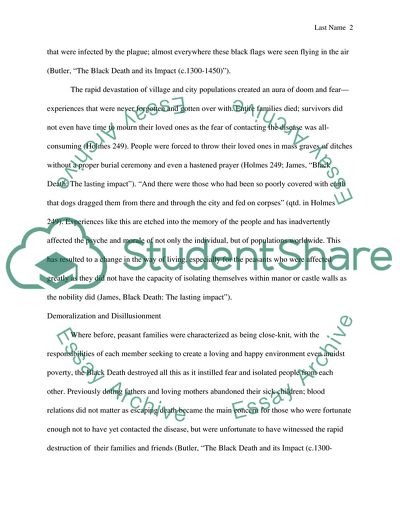Cite this document
(“History Essay Example | Topics and Well Written Essays - 1000 words - 18”, n.d.)
Retrieved from https://studentshare.org/miscellaneous/1559998-history
Retrieved from https://studentshare.org/miscellaneous/1559998-history
(History Essay Example | Topics and Well Written Essays - 1000 Words - 18)
https://studentshare.org/miscellaneous/1559998-history.
https://studentshare.org/miscellaneous/1559998-history.
“History Essay Example | Topics and Well Written Essays - 1000 Words - 18”, n.d. https://studentshare.org/miscellaneous/1559998-history.


